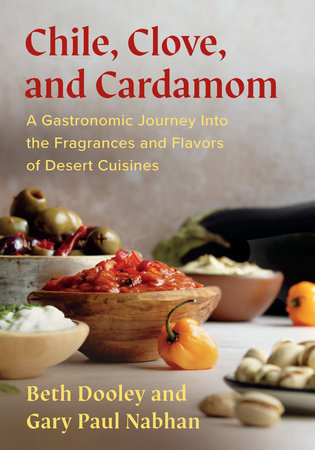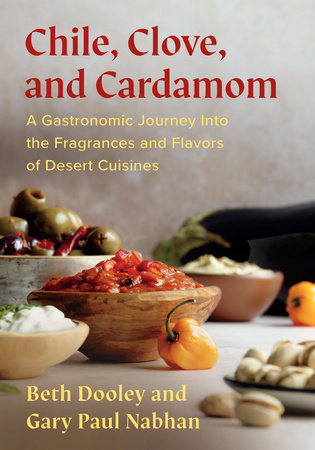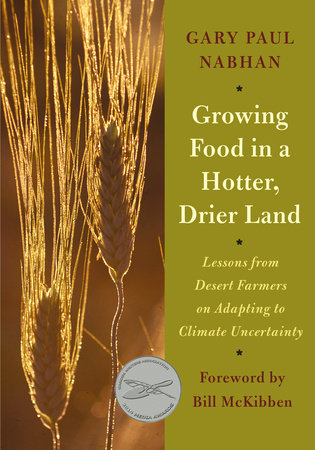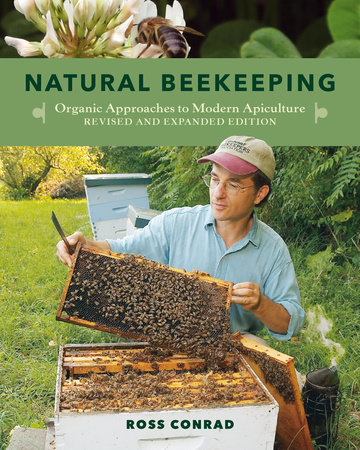Taste, Memory: Forgotten Foods, Lost Flavors, and Why They Matter
Author David Buchanan, Foreword by Gary Paul Nabhan
- Publish Date: October 25, 2012
- Format: eBook
- Category: Nature - Ecology
- Publisher: Chelsea Green
- Pages: 240
- US Price: $12.99
- CDN Price: $24.95
- ISBN: 978-1-60358-441-8
Reviews
“Taste, Memory is not the typical storybook novel about finding redemption on an isolated old farm, but a 21st-century success story built around collaboration, innovation, and vibrant new models for sustainable farming. David's book helps us explore agricultural models past and present, in order to help us find our own unique niche, rhythm and flow in the emerging local food economy. His ability to help us appreciate the nuances of heirloom crops and regional flavors reminds us that we can help to preserve agricultural and food traditions for the future...one seed, one bite, and one backyard at a time!”—John Forti, garden historian, “The Heirloom Gardener”
“With a scientist’s intellect and the heart of a 21st-century Noah, David Buchanan goes beyond biodiversity to explore the true place of Taste, Memory, a sensory experience that ties all of mankind together at life’s dinner table. Using taste as his compass, Buchanan uncovers authentic endangered flavors, making us all long for another serving.”—Poppy Tooker, New Orleans food activist and host of “Louisiana Eats”
“Buchanan shows us that reconnecting with the sources of our food reconnects us with what it means to feel alive. His unbridled enthusiasm for all things agricultural―from a forgotten peach variety to the proper soil balance for a rooftop farm―is infectious.”—Curt Ellis, FoodCorps
“In Taste, Memory, David Buchanan shares his quest to promote fruit and vegetable biodiversity in New England. "Plant it to save it" is his mantra. In his thoughtful meditation and memoir, Buchanan reveals a powerful commitment to collecting and conserving the apples, blueberries, rutabagas, potatoes and other foods long part of this rocky and harsh landscape. As important, though, is his clear-sighted understanding of the necessary innovations that will be required to preserve the fantastic Baldwin apples, Bordo Beets and Amazon Chocolate tomatoes not just for this generation, but for the next seven generations. An important book.”—Amy Trubek, author of The Taste of Place: A Cultural Journey into Terroir
“Every peach, every turnip, every ear of corn becomes a local food in the fullest sense when gardeners and fruit growers opt for regional advantage. There are stories to be told here, be it the lore of the Fletcher Sweet apple or the enduring affair of ‘that blonde’ cucumber from the Boothbys. How well David Buchanan weaves the human element into this celebration of plant selection and provincial cuisine. Good eating goes hand in hand with our dance with place. Let Taste, Memory bring appreciation for varietal delight to your dinner table.”—Michael Phillips, author of The Holistic Orchard and The Apple Grower
“Taste is one of the great joys in life, a sense and sensibility that all of us share. But it is a common pleasure we are in real danger of losing, as our modern world seems bent on a collision course with ever greater homogeneity and the lack of distinctive local flavors and cultures. In this thought-provoking book, David Buchanan captures taste experience from whence it once flowed, from an overpowering, life-enhancing diversity.”—Tom Burford, orchardist, historian, and author of The Apples of America
“A Greek proverb states, ‘A society grows great when old men plant trees whose shade they know they shall never sit in’. David Buchanan’s book about food, agriculture, community, and connections to soil and climate, embodies the spirit and vision of the Greeks. Beyond weaving an engaging narrative about farming, the past twenty years of his life reflect the extraordinary changes occurring in American agriculture and a rediscovery of taste and quality in food. We are indeed fortunate that, as a young man, he has many years to plant apples, peaches, and other notable foods!”—Jeffrey P. Roberts, author of The Atlas of American Artisan Cheese
“David Buchanan takes on his subject, some of it prickly, with grace and eloquence. Taste, Memory is hard to put down. It is beautiful read that illuminates the challenges to and importance of biodiversity, a subject that David frames with our taste buds and personal food histories. A wonderful book, and an important one!”—Deborah Madison, author of Vegetable Literacy and Local Flavors
"A meander, with hoe, through organic vegetable patches, lost orchards, seed catalogs and produce markets with a dedicated gardener in search of a small farm…It’s a catch-as-catch-can lifestyle, but it’s deeply satisfying to Buchanan and demonstrates the way forward for a new generation of farmers and locavores. A specialized look at the small-farming movement, written with appealing self-knowledge, diligent research and occasional flair."—Kirkus Reviews
"Not just a feast for the palate, Buchanan’s book is a feast for the souls of those concerned about a fast-food culture that prizes uniformity and convenience over the kind of tastes that cannot be produced on an assembly line."—Booklist
“Buchanan’s writing style is lyrical but straightforward, perfect for observations about food and growing…There’s enormous value in preserving the agrarian diversity that humans have enjoyed for centuries, he believes, and that we’ve only recently lost. Buchanan makes an excellent case for waking up to the issues of crop diversity and how we need to continue exploring how our foods can evolve along with our methods for cooking, preserving, and treasuring them. Buchanan’s work is a savory treat, full of fresh insight and delicious inspiration.”—ForeWord Reviews




